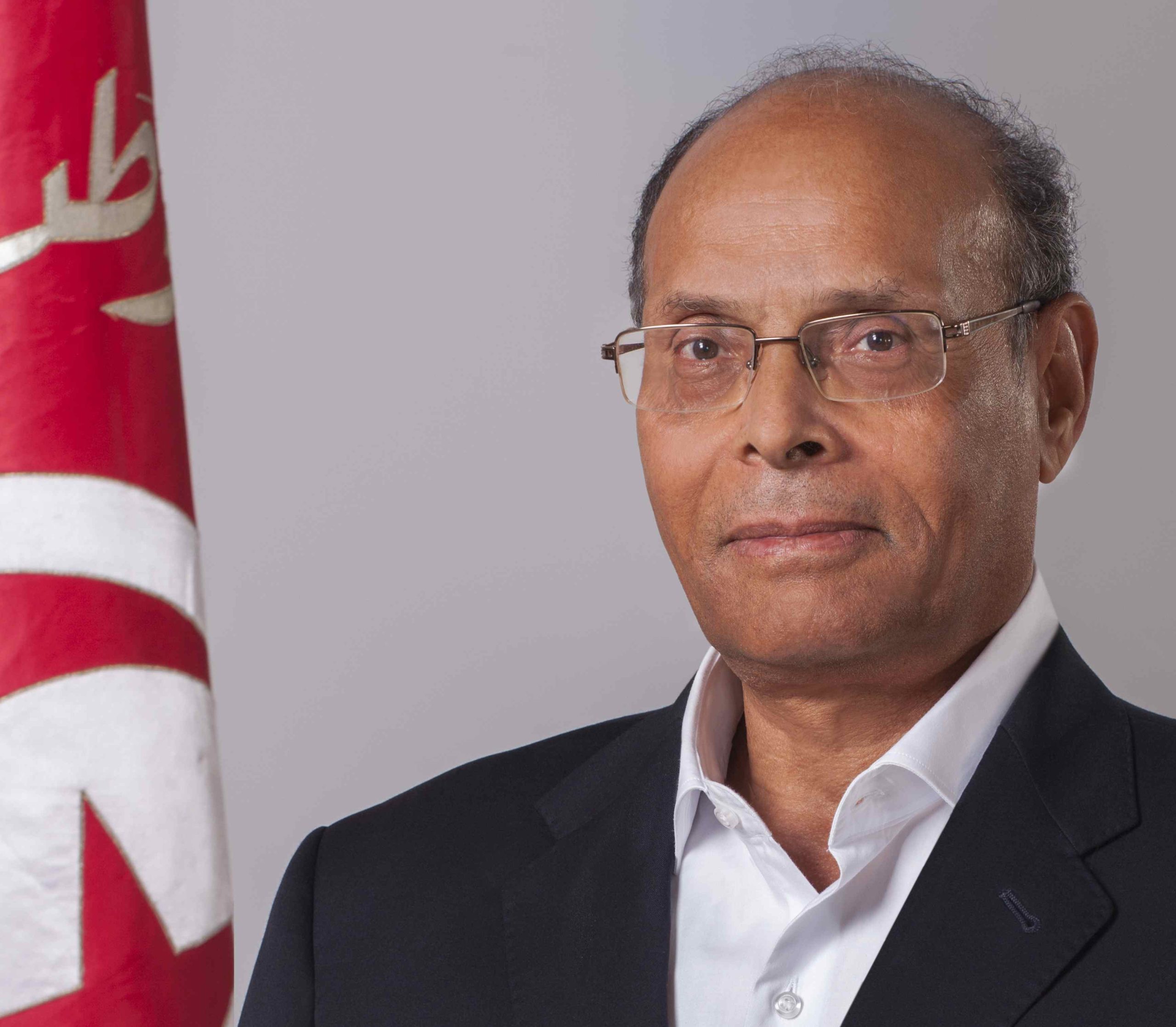Ibn Rushd Lecture by Dr Moncef Marzouki, President of the Republic of Tunisia from 2011-2014
To register, please use this link.
Speakers and Moderators:
Dr. Moncef Marzouki: Dr. Marzouki was the first democratically elected president of Tunisia after the January 14th Revolution in 2011, a seminal moment in modern Arab history which heralded the onset of multiple popular revolutions throughout the Arab World. Elected to the presidency by the Tunisian National Constituent Assembly, President Marzouki was Tunisia’s first president in modern history to arrive at his position through fair and transparent elections.
One of the main goals of Moncef Marzouki’s presidency was, as he says, to embark on mission to “open the doors” of the presidential palace through campaigns of transparency, participative democracy, and by encouraging a safe public space for civil organizations to flourish. During his mandate, Moncef Marzouki strove to be a voice of social and revolutionary activism and called for civilian rights, curtailment of the security apparatus, and economic sovereignty. His self-proclaimed goal was to transform the presidency into a position of service to the Tunisian public. He thus occupied a middle ground between secularist and Islamist political standpoints, in order to be instrumental in creating a dialogue between all political, social, and religious tendencies in Tunisia and to clear the ground for an inclusive, stable, and consensus-based Tunisian democracy to take root.
After being defeated in the presidential elections in 2019, won by the current President M. Kais Said, Moncef Marzouki retired from politics as he saw democracy in Tunisia under threat, and denounced Said’s abrogation of the democratic constitution of 2014 and seizure of all powers as a constitutional putsch.
Sentenced in absentia to four years in prison for high treason, he currently lives in exile in Paris, from where he continues to fight for the return of democracy to his country and to the entire Arab world.
Prof. Udo Steinbach: Studied oriental studies (languages, history, religion as well as cultural and literary history of the Islamic region in Arabic, Persian and Turkish) and Classical Philology at the Universities of Freiburg, Germany and Basel, Switzerland.
Prof Steinbach was Head of the Middle East Department at the German Institute for International and Security Affairs (SWP, then located at Ebenhausen near Munich). He later was the head of the Turkish editorial office of Deutsche Welle, and director of the German Orient Institute, Hamburg. Udo Steinbach was also an Honorary Professor at the University of Hamburg and director of the GIGA Institute for Middle East Studies. He taught at the Centre for Middle East Studies at the Philipps University of Marburg and was the head of the Governance Center Middle East/North Africa at the HUMBOLDT-VIADRINA School of Governance, Berlin where he also led the Governance Platform/Governance Center Middle East – North Africa. Since February 2019, he has been active for the Maecenata Foundation (www.maecenata.eu) of which he is also a co-founder, and at which he currently leads the MENA Study Centre.
Manal Seifeldin: Holds a university degree in economics from her native Sudan and has been living in Berlin for over 20 years now. Manal Seifeldin is a human rights activist and since 2019 has been working in social counselling, and presently coordinates the project “Stark im Ehrenamt”, (Bringing Strength to Honorary Offices) at the Flüchtlingskirche (church for refugees) in Berlin-Kreuzberg, where she also works as a consultant for social and migratory issues/questions, especially those connected with German law.
Ideologies in Crisis – What are the Alternatives?
What distinguishes the twenty-first century from previous centuries, especially the twentieth century? What realities and facts should we relate to this era? Does the concept of “truth” still make sense, especially considering the significant challenges we face on an individual level, especially the tsunami of data and its rapid evolution? And on a collective level, all the successive economic, political and health crises that humanity has undergone over time are currently being surpassed.
How do we face the exacerbation of environmental and epidemiological dangers threatening the existence of the human species?
The five great ideologies—nationalism, religious ideologies, the concept of linear history, liberalism and democracy—that have hitherto dominated our thoughts and controlled our actions seem to have been overtaken by reality and to have become completely obsolete. So how do we understand our world today, and how do we deal with it in this situation? And what may, or should, be the role of the state in confronting or even managing these global and yet also local problems?
The lecture by Dr Moncef Marzouki, President of the Republic of Tunisia from 2011-2014, will revolve around these questions.
Following the lecture, Manal Seifeldin, a Sudanese economist, human rights activist and currently active in refugee work, and the well-known Orientalist Professor Dr Udo Steinbach, currently head of the MENA Study Centre at the MAECENATA Foundation, co-organiser of this event, will discuss with Dr Marzouki.
The lecture and panel discussion will be in English.
After this, there will be an opportunity for questions and contributions to the discussion from the audience, which, as always, are also possible in German or Arabic and will be translated by us as best we can.
A small buffet with Maghrebi finger food will round off the event that will be taking place on Friday 17 February 2023 at 19hrs in the Forum Factory, Berlin Kreuzberg.
The event takes place in cooperation with the MENA Study Centre of the Maecenata Foundation and the Tunisien Zukunft Association and is sponsored by the Forum Factory as location partner.


